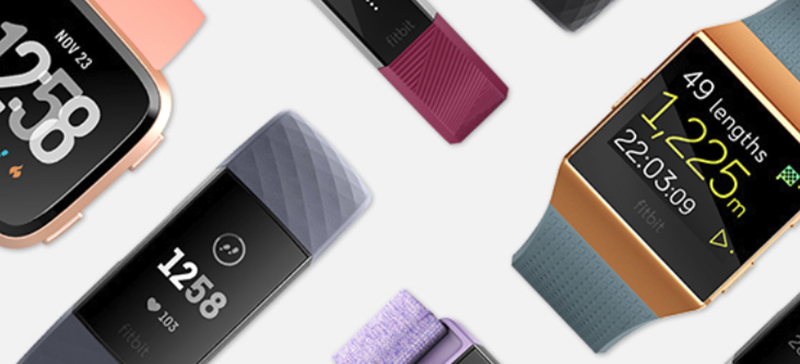As an average American, your health insurance payments change once a year. But the process could be made far more fluid with utilizing wearables such as Fitbit that regularly measure your health data. Your health metrics could be used to change your insurance rate as often as once a day. The powerful sensors in these devices can track how many steps you’ve walked, how much calories you’ve burned, as well as stress levels, the quality of your sleep, blood pressure, sun exposure and glucose levels. These are all the information needed to get a full picture of your health.
Read more The State of Wearable Technology in Healthcare: Current and Future
However, tech companies have always tried to stay away from entering the heavily regulated health care space. Wearables that track steps walked and calories burned are careful not to offer specific medical information to avoid FDA approval requirements. For example, the heartbeat monitor on previous Apple Watch models are less specialized than the new EKG, reports Brookings Institution blog.
Recording medical data was once a difficult job, requiring special-purpose medical devices. These medical devices could only be used in a medical facility, due to the cost, size, and complexity of these devices. Now, with the spread of smartphones, smartwatches, and fitness trackers, we’re accustomed to keeping sensors and computers on or near our bodies much of the time. Because of our intimacy with these wearable devices, we can now afford to use these sensors to collect our health metrics on a regular basis. As tech companies are involved in a competition to add functionality to their devices, they should consider receiving regulatory approval for medical applications.
What distinguishes Artificial Intelligence (AI) technology from traditional technologies in health care, is the ability to gain information, process it and give a well-defined output to the end-user. AI does this through machine learning algorithms, which can recognize patterns in behavior and create its own logic.
Tracking tiny changes as they happen could make a huge difference in diagnosis and treatment: Artificial Intelligence could detect abnormal heartbeat, high blood pressure, or other signs that indicate worsening health. Diagnosing a condition early may be key to improving health outcomes and lowering costs.
Read more How Mobile Monitoring Solutions are Improving Healthcare
According to the Brookings Institution blog article, when patients receive treatment from doctors or nurses, AI would complement that process by analyzing medical data recorded from wearable devices. These devices, which are already popular for activity tracking, could soon include more medical features like detecting certain disease if the device makers receive FDA approval. Automating the system of data collection during doctor’s visit could give the patient more face time with the doctor.
If a healthcare system becomes more personalized with the help of wearable devices, it could become a more personal healthcare system where doctors spend more time treating patients.










